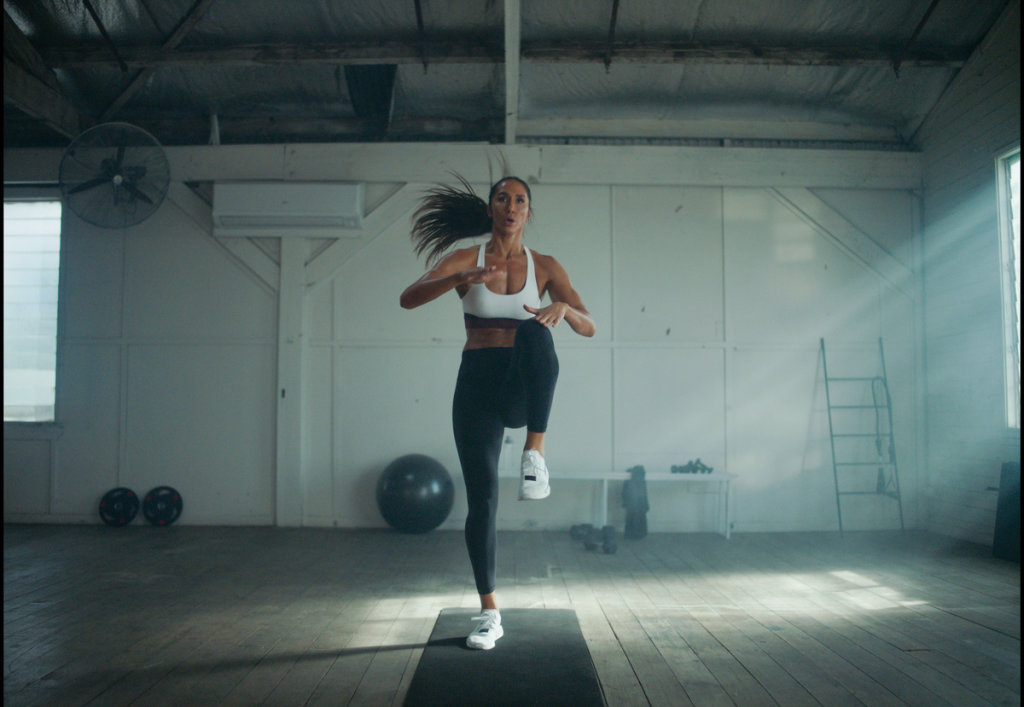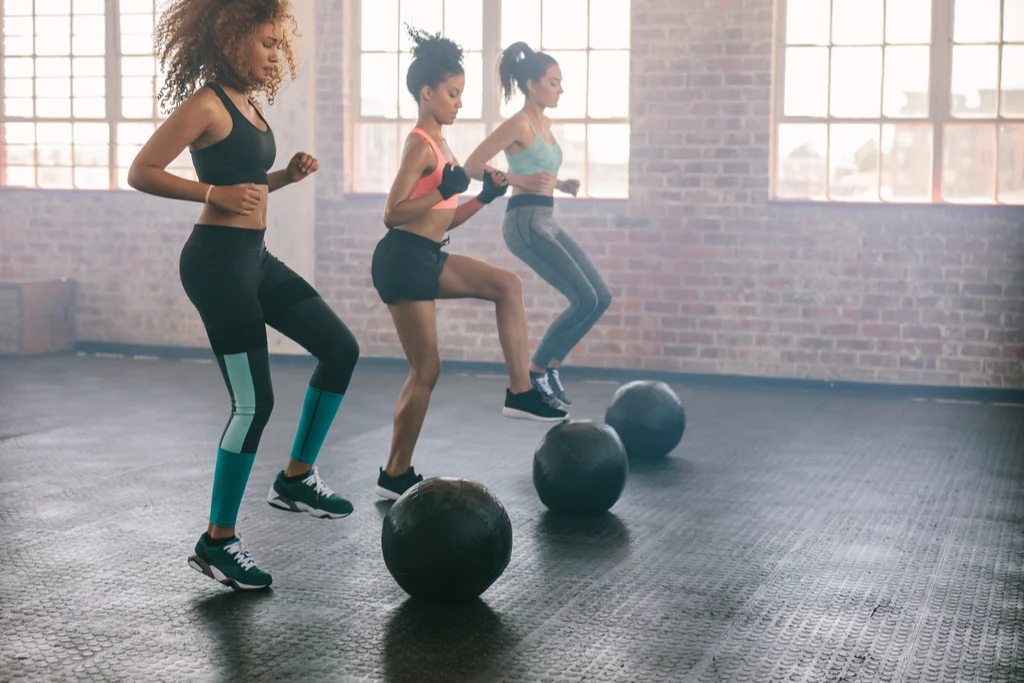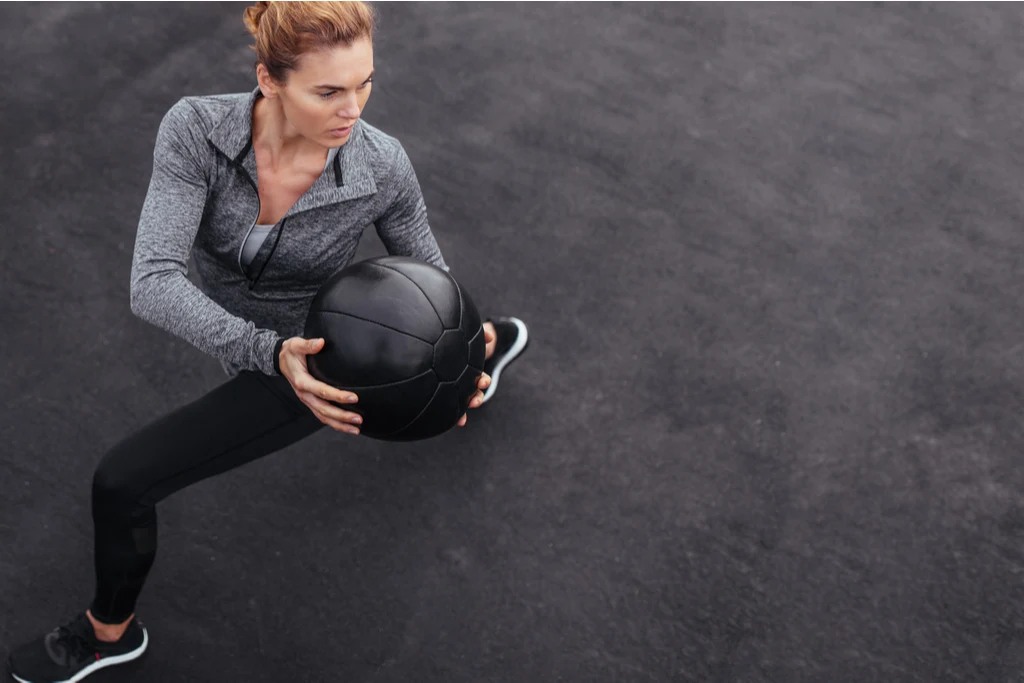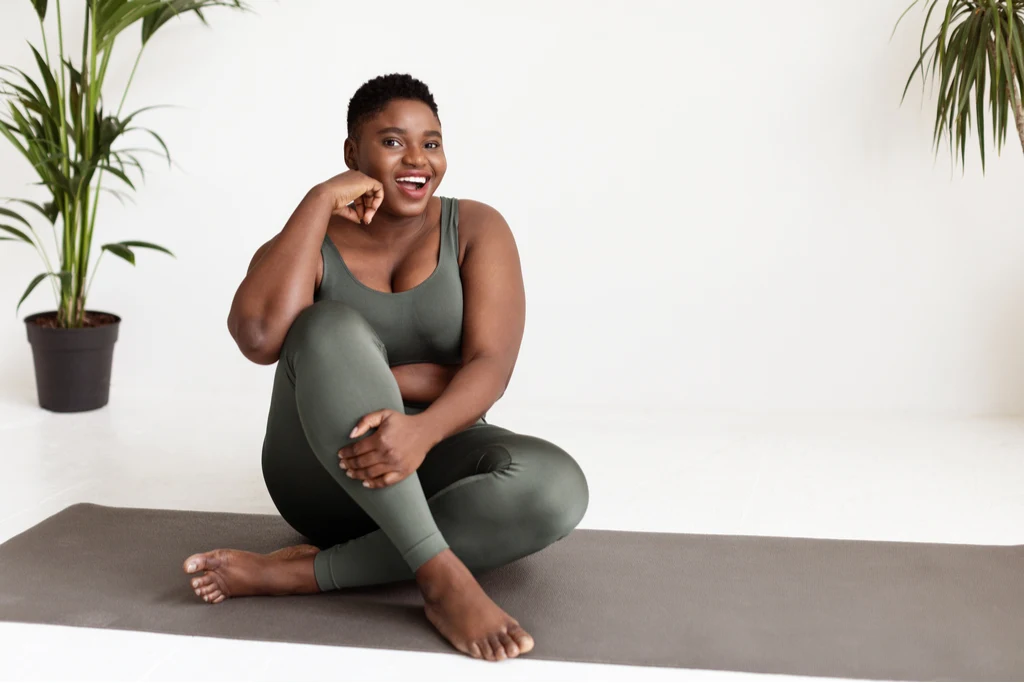How To Find The Best Sweat Proof Leggings

July 11, 2022

Sweating is a normal and healthy part of being human - it’s your body’s genius way of regulating your temperature and helping keep you cool.
Some people might sweat more than others and many of us perspire in places we don’t often talk about, like between or under our boobs, buttcheeks or crotch area.
We know all about what it’s like to get sweaty and think it’s really important to normalise it, but we also understand that being in sweaty clothes or having sweat patches isn’t the best feeling - physically and emotionally.
Feeling damp during a workout can mess with your body’s temperature regulation, and it’s common for sweat patches to leave you feeling self-conscious, too.
To get you through every workout feeling confident and dry from start to finish, here are our top tips for finding sweat-proof leggings.

Fabric is key
When looking for leggings that will keep you feeling (and looking) dry during and after your workouts, always check the fabric label for “moisture-wicking” properties.
Moisture-wicking fabrics are designed to work in two ways. First, the fabric draws moisture away from your body and is absorbed into the outer layer of the clothing through tiny spaces in the fibres, rather than holding it against your skin.
Then, this outer layer is designed to be extremely quick-drying so your sweat can evaporate into the air.
Although many activewear brands use similar fabrics such as polyester and spandex blends, their processes for designing and quality testing can be quite different. So, if you’ve previously purchased moisture-wicking tights and found they weren’t very effective, do some research, read product reviews and try another brand.
No fabrics are going to miraculously reduce how much you sweat or make your sweat disappear into thin air, but choosing the right fabric can be a gamechanger for how your sweat is absorbed and the speed at which it dries.

Fabrics to avoid
In the summertime, people often prefer to wear natural fabrics such as cotton, linen and silk as they are more breathable and help to keep you cool. When it comes to wearing leggings (which are tight on your skin) for sweaty activities, that advice doesn’t apply.
Without moisture-wicking properties, your sweat will get absorbed into the fibres, sit directly on your skin and won’t dry quickly, leaving your clothes feeling damp, sticky and heavy.
When your clothes are wet against your skin, this can also make it hard for your body to regulate your temperature - a double whammy of discomfort during your workout.
Natural fibres like cotton also tend to show sweat more easily than synthetic options. If an item of clothing is tight against your skin, such as sports bras and leggings, always look for “moisture-wicking” on the label. If it’s a looser item, like a singlet or t-shirt, see what you feel most comfortable in.

Choose the best colour
We love a coloured activewear set, but if you’re a heavy sweater and want to avoid marks, your best bet is to opt for black fabrics or busier patterns where any moisture won’t be so visible. A damp patch isn’t going to be quite so obvious amidst some funky florals, camo or animal print!
Lighter colours also tend to develop long-term sweat stains much faster than darker colours.
Follow the instructions
Moisture-wicking fabrics have been especially designed, so following the care instructions is important if you want to retain its effectiveness for as long as possible.
Some labels may encourage colder washes, encourage you to avoid tumble drying, and using fabric softener is generally a bad idea as it can damage the finish.
Check out this article to find out everything you need to know about washing your activewear, and whether or not it’s ok to rewear!
Do you have a favourite pair of sweat-proof leggings you absolutely love? Share them with the Sweat Community in our Forum!

A more empowered you starts with Sweat, and our editorial team is here to bring you the latest fitness tips, trainer recommendations, wellbeing news, nutritional advice, nourishing recipes and free workouts.
* Disclaimer: This blog post is not intended to replace the advice of a medical professional. The above information should not be used to diagnose, treat, or prevent any disease or medical condition. Please consult your doctor before making any changes to your diet, sleep methods, daily activity, or fitness routine. Sweat assumes no responsibility for any personal injury or damage sustained by any recommendations, opinions, or advice given in this article.
Fitness